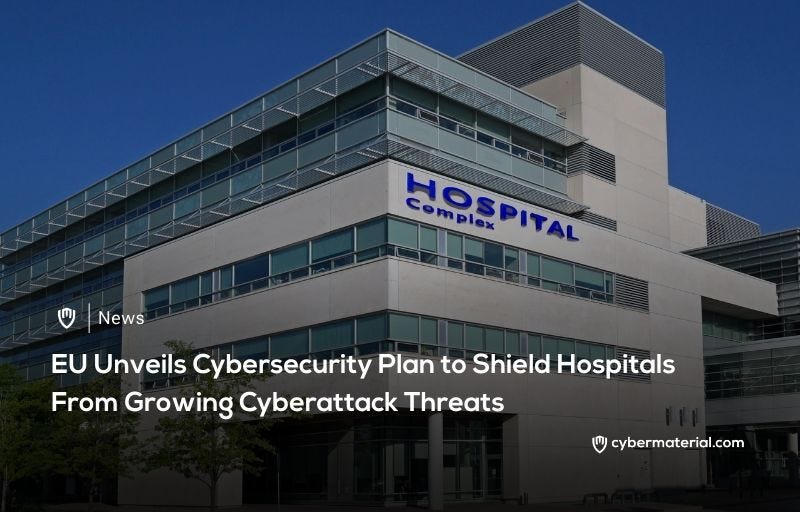
The European Union has launched a new action plan aimed at boosting cybersecurity for hospitals and the healthcare sector in response to escalating cyberattacks. These attacks have become increasingl…

The European Union has launched a new action plan aimed at boosting cybersecurity for hospitals and the healthcare sector in response to escalating cyberattacks. These attacks have become increasingl…